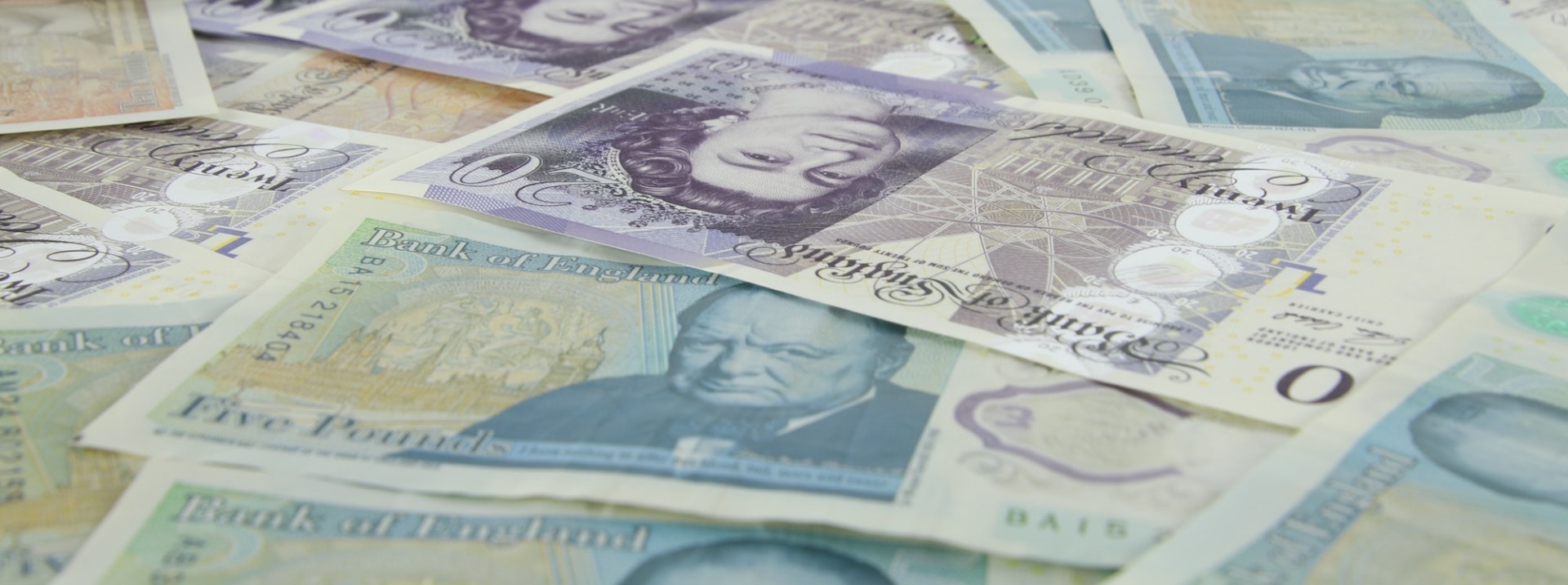Reporting Capital Gains Tax Within 30 Days
Capital Gains Tax (often referred to as CGT) is the tax applied to the profit you make when you sell an asset that has increased in value since purchasing it. This applies to property that isn’t your main home, stocks and bonds, business assets, precious metals, and most personal possessions worth £6,000 or more (excluding your car).
How much is Capital Gains Tax?
CGT only applies to the profit you make when selling an asset, which is 28% on residential property and 20% on other chargeable assets if you’re either a business or an individual who pays the higher rate of Income Tax.
If you’re a basic rate taxpayer, your CGT rate will depend on the size of the gain, which is after your Personal Tax Allowance. For help working out how much you owe, get in touch with the tax specialists at TreyBridge Accountants today.
An example of Capital Gains Tax
To help provide an idea of how much CGT you may owe, the GOV.UK website gives a good example: You bought a painting for £5,000 and sold it later for £25,000. This means you made a gain of £20,000 (£25,000 minus £5,000).
If you’re a higher rate taxpayer, you’ll need to pay 20% Capital Gains Tax on £20,000, which is £4,000.
Disposing of an asset
The terminology HMRC uses when it comes to Capital Gains Tax is “disposing of” an asset. This includes selling it, giving it away as a gift, transferring it to someone else, swapping it for something else, or receiving compensation if it’s been lost, stolen or destroyed.
Reporting capital gains
As with any other form of income or profit, capital gains need to be reported to HMRC. To do this, you’ll need the following:
calculations for each capital gain or loss
details of how much you bought and sold each asset for
the dates when you took ownership and disposed of each asset
any other relevant details, such as the costs of disposing of an asset and any tax reliefs you’re entitled to
When do I need to report capital gains?
In most cases, you need to report your capital gain by 31st December in the tax year after you made it. For example, if you made a gain in the 2021 to 2022 tax year, you need to report it by 31st December 2022.
Property sales in the UK on or after 6th April 2020
As the title of this blog posts suggests, in some instances capital gains need to be reported very quickly. If you sell a property in the UK on or after 6th April 2020, you must report and pay any tax due within 30 days of completing the sale.
Penalties for late submission
If you fail to report capital gains on UK property within 30 days, you will likely have to pay interest and may also face a penalty from HMRC. This will cut into your profits, potentially quite heavily, so time is very much of the essence.
Help with Capital Gains Tax
To find out about our wide-ranging tax consultancy and tax management services, call our Yorkshire office on 01482 235575, our London office on 0207 885 0605, or fill in the contact form below.
Tagged as: Personal Wealth
Share this post:

